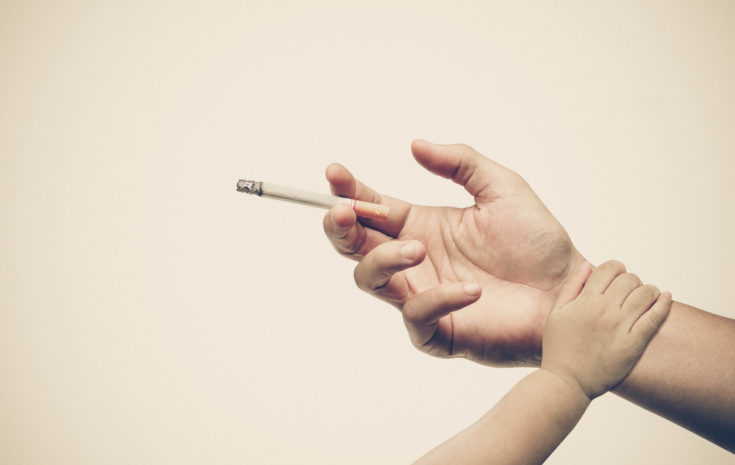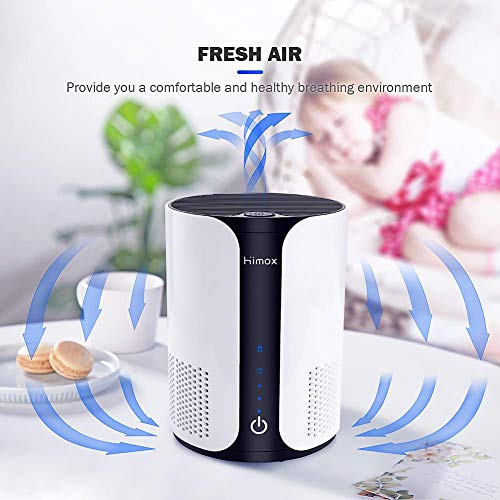Disclosure: This post may contain affiliate links, meaning we get a commission if you decide to make a purchase through our links, at no cost to you. Please read our disclosure for more info.
If you’re a smoker, you probably already know that there are health risks associated with the habit. However, have you also stopped to think about the risks for your children and other members of your family?
Statistics from the American Academy of Otolaryngology mention that although secondhand smoke is dangerous for people of all ages, it’s particularly harmful to children and babies. It is also estimated that more than 50 percent of children under five live in a home with at least one adult who smokes.
Make Smart Choices
If you’re not yet at a point where you’re able to give up smoking altogether, there are still some things you can do to promote a smoke-free home. As a starting point, make conscious decisions not to light up a cigarette inside your home, or even in a car.
The Environmental Protection Agency website notes that children have higher breathing rates than adults, and often have less control over their environment, so they may not be able to make a conscious decision to leave the room if they start feeling overcome.
With that in mind, it’s even more important to develop a habit of always smoking outdoors, away from other people. If any relatives or friends also smoke, insist that they adopt the same habits while on your property.
Get An Air Purifier
Smokers sometimes have a less acute sense of smell than people who don’t use cigarettes. Even if you don’t perceive your home to have a lingering smell of smoke, it might be powerful than you realize. Smoke can easily permeate fabrics, walls and carpeting. Over time, it can even stain ceiling tiles or plaster.
Whether you’re aware of a smoke smell problem in your residence or not, an air purifier can make a big difference in the presence of secondhand smoke, and any remaining odors. Many models are very slim, so they’re a good choice for stashing in a corner out of the way, and great if you live in a small apartment. Some even feature ultra-quiet operation, so they’re almost unnoticeable.
Features to Look For
When you start shopping for an air purifier, it’s easy to feel overwhelmed by the sheer amount of choices available. For help, start by determining the particle size that a potential air purifier model can capture. Cigarette smoke is a type of pollutant that’s smaller than 0.3 microns, so it’s best to get an ionizer filter, activated carbon variety or one that uses ultraviolet light.
There’s a good chance that you’ll see some HEPA filters among your choices. Keep in mind that although these are effective at removing pollen, pet hair and other larger particles, they don’t work well for cigarette smoke.
Also, see if the packaging mentions the Clean Air Delivery Rate (CADR) for your filter. As the name suggests, this is a measure of total air volume that an air purifier can cleanse in a 60-minute period. A higher number equals more efficiency.
After reading the statistics discussed at the start of this post, you should now understand that there’s little question about whether secondhand smoking is harmful to others, especially children. Fortunately, by choosing the environment in which you smoke, and considering purchasing an air purifier, you can make improvements in a worthwhile way.



